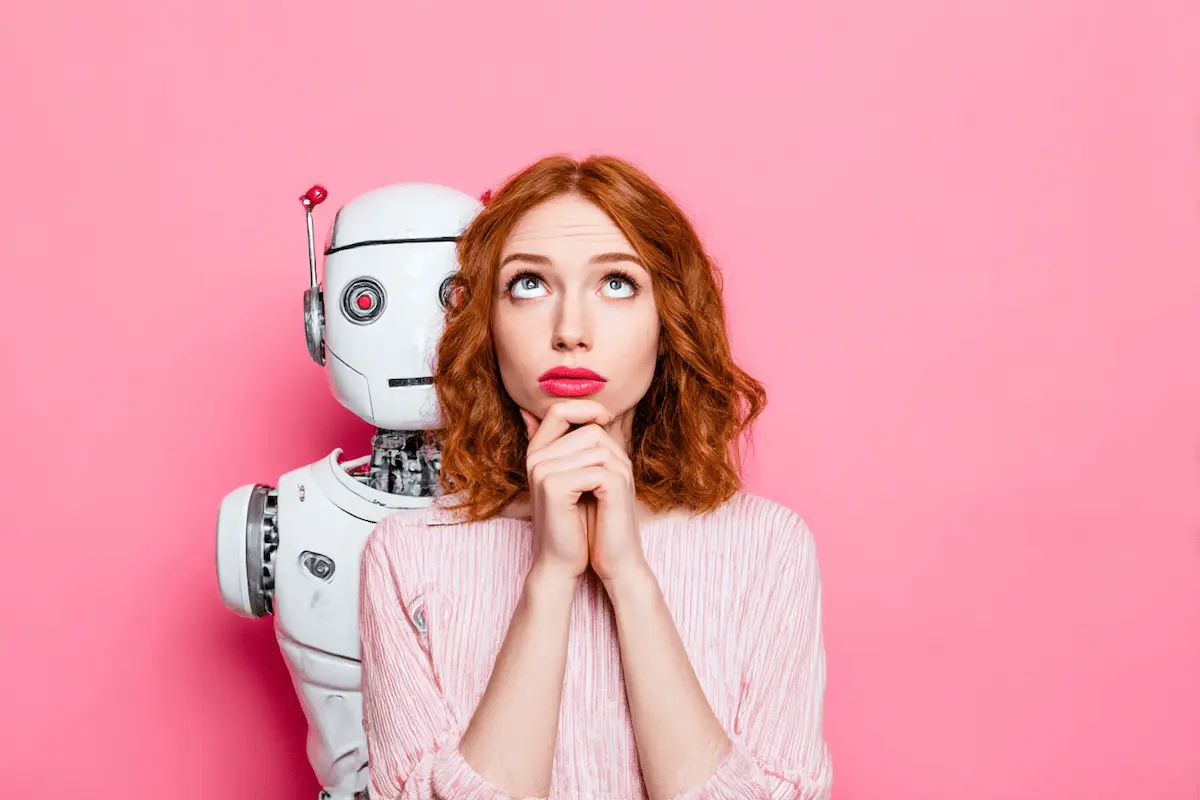AI and the Subconscious: Can Algorithms Access Our Unconscious Thoughts?
Have you ever felt that an advertisement knows your thoughts before you do? Or that a chatbot tells you exactly what you haven’t yet put into words? This is no coincidence — this is AI and your subconscious. A new era is dawning, where artificial intelligence attempts to access your most personal, unconscious space. The question is: do you control it — or has it already recognized you?

Image: ZenoFusion • AI Visuals / AI and the Subconscious — Visualizing the Link Between Human Mind and Artificial Intelligence
What Is the Subconscious: The Foundation of Psychology
The subconscious is a layer of the mind operating beneath awareness — a mechanism of thoughts, emotions, and behaviors we often don’t realize, yet that constantly influences us. Psychoanalysis considers it the invisible guide of our inner map.
Sometimes, when we don’t understand why we are drawn to something, or why we abruptly stop talking mid-sentence — that’s an impulse from the subconscious.
AI and Behavioral Analysis: How Does It Access the Unconscious?
Advanced algorithms, especially in social media and advertising systems, study our behavior at a micro-level. They process information such as how long you stayed on a post, where you scrolled, what points you clicked, and how you changed your tone before replying.
These details create a much deeper picture than just “shared or not shared.” They build a subconscious profile — revealing your true interests, triggers, and vulnerabilities.
When Ads Anticipate Your Thoughts: It’s Not Just AI
Advertisements that appear exactly when you need them often rely on predefined behavioral patterns. Marketing algorithms gather data on when you’re tired, when you’re more emotional, and when you make decisions easily.
Thus, communication no longer depends solely on what you said, but on when and how you said it. This is subconscious influence at work.
Mental Profiles: Does AI Know You Better Than Yourself?
Powerful AI models create your behavioral map — not only of what you feel now but also what you might feel in the future. For example, before you register for something, it may already predict how many seconds you will take.
This level of prediction raises a big question: if AI knows you better, who truly makes the final choice?
Conclusion: Freedom of Choice or Algorithmic Predetermination?
Artificial intelligence can become our subconscious detective — helping us to better understand ourselves. Yet, it might also become a controlling force, quietly making decisions on our behalf because it knows what we will do next.
Therefore, AI and the subconscious together pose one of the most important questions of our time: do we control technology — or does it already control us?
✍ Tornike, Content Strategist at ZenoFusion – June 6, 2025
✍ Article Author
- Registered: 27 April 2025, 10:30
- Location: Georgia




 Tornike
Tornike